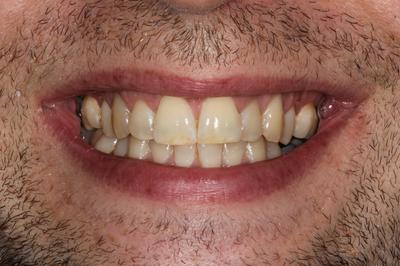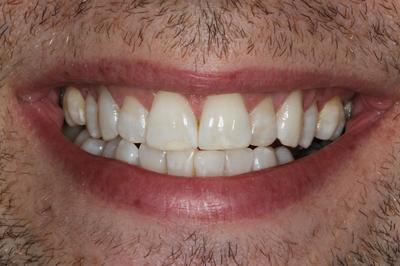What it takes to become a dentist

When you visit your dentist have you ever wondered about the person who is treating you? Have you ever thought about how they acquired their qualifications, let alone the skills, knowledge and experience required to look after your teeth and successfully treat even the most complex dental problems?
Here is a brief background of what it takes to become a dentist.
To begin with you must have an interest in the subject. You must have a goal and a desire to be involved with people and help them overcome their dental problems. You must also have a feel for technology and be good with your hands, because modern dentistry relies heavily on dexterity and being technically competent. But that is just the beginning.The route to becoming a dentist begins early because you must do well in your GCSE examinations. You will need to attain at least ten passes, five of which must be at A or B level. It is also a good idea if you can manage to gather some work experience at this stage within a dental practice. This will confirm to you whether dentistry really is the career path you’re looking for.The next stage is Sixth Form College and once again you have to excel in your examinations. You must obtain good A-level grades with As and A-stars in all subjects, which must include at least two sciences – biology, chemistry or physics.If you achieve these grades the next challenge is to try and find a good university place. It is not easy because out of all the UK universities there are only about ten that offer specialist dentistry courses. And for every place available there will likely be about 200 applicants.Dentistry is a complex course that lasts for five years and it is intensive from the moment you arrive – almost like having a full time job involving long hours of study and practical work. By year two the student will begin to work with patients and will gain experience in laboratory work learning how to make crowns, bridges and dentures. Finally, after completing the gruelling five-year course the successful students will gain their degrees in dentistry.But even that is not the final step. Even though they are qualified, dental graduates still have to spend a twelve-month placement working with a practicing dentist and it is only after successfully accomplishing this on-the-job experience that they will obtain their ‘Certificate to Practice’.It is a long, hard road that requires determination and dedication, yet after all that effort many dentists will continue to extend their abilities by going on to further studies for qualifications in niche specialist skills such as orthodontics, soft tissue treatment, root canal work or cosmetic dentistry for example.The beauty of being a patient at Carisbrook Dental is that our panel of dentists provide all these specialist skills in-house, which is why many dentists now refer their own patients to us for the type of treatment they can’t provide. As our patient you will never need to be referred to an external practice, which means your treatment, no matter how complex or specialised, will be quicker, smoother and less stressful with a dentist you know and trust.
Request your appointment
Fill out the form below and one of our friendly team members will be in touch very soon to book your appointment at a time that suits you.
Explore our other Blog Posts
Ready to get started?
Book a free consultation at our Manchester practice and begin your journey to a straight smile.


6 Knowsley Rd, Whitefield,
Manchester. M45 6BF
Tuesday: 8:30am – 6pm
Wednesday: 8:30am – 6pm
Thursday: 9am – 5pm
Friday: 8am – 3pm
Saturday: 9am – 1pm (open on select Saturdays per month, please contact us for further information)
Sunday: Closed










